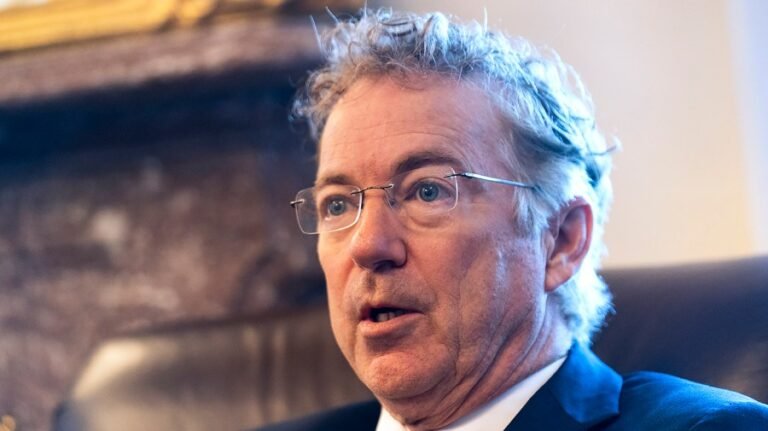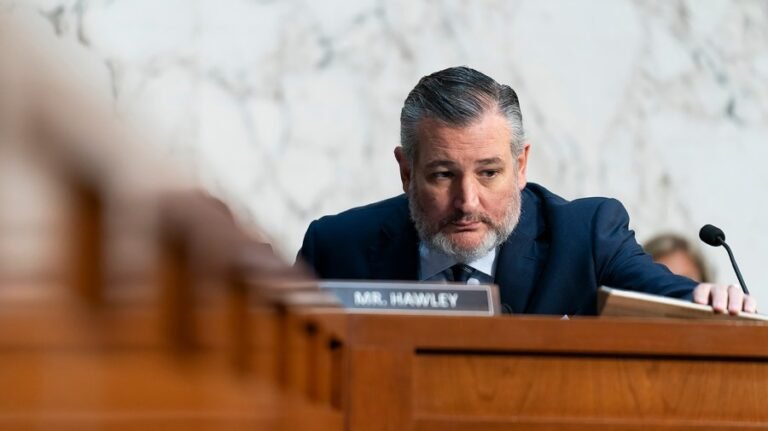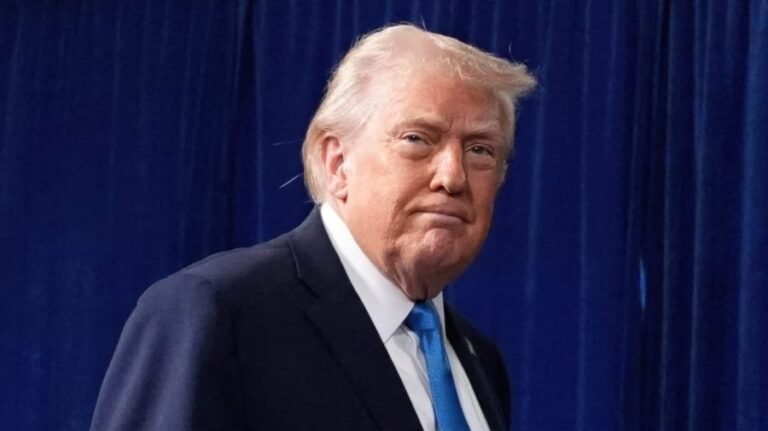
In their 2016 presidential debate, Hillary Clinton accused Donald Trump of being Vladimir Putin’s “puppet.” In 2020, at the height of the COVID pandemic, Joe Biden’s campaign spokesman, TJ Ducklo, accused Trump of having been “duped” by Xi Jinping. Now, six weeks into Trump’s second term, the two anti-Western dictators are presenting new challenges to his foreign policy vision.
He sees a successful peacemaker role as paving the way for his coveted Nobel Peace Prize — and even, he fantasizes, a place on Mount Rushmore. But based on the results so far, Trump’s prospects for favorable world recognition are not looking promising.
No one took seriously his grandiose claim that he could end the Ukraine war “in 24 hours” unless it meant immediately cutting off all support for Ukraine’s defense and forcing it into an abject surrender. But during and since his shameful meeting with Volodymyr Zelensky last month, it seemed that was precisely his intention.
Vice President JD Vance, playing the role of bully-in-training, started the attack, accusing Zelensky of being “disrespectful” to the president by “litigating” his case “before the American media” (which the White House itself unexpectedly had allowed to witness the prolonged public discussion of sensitive issues, usually held behind closed doors). After Vance’s interjection, Trump changed his hitherto civil tone and turned on the Ukrainian leader, whose people have bravely withstood Russia’s aggression and war crimes for three years, saying unceremoniously, “You have no cards.” Trump then broke off the meeting and had Zelensky escorted from the White House, saying he could return when “his attitude” changed.
Days later, Trump punished him and the Ukrainian people further by ending U.S. intelligence and weapons support, enabling Putin safely to launch more barrages of missiles and drones. At the urging of British, French and other allied leaders, Zelensky agreed to absorb the American insults and accept the one-sided Ukrainian minerals deal Trump demanded.
Having shown his skill and resolve in bludgeoning Ukraine when one-fifth of its territory was being occupied, Trump now turned his attention to Russia. “The ball is now in their court,” said Secretary of State Marco Rubio.
Putin gave a televised talk in which he agreed to the proposed 30-day ceasefire “in principle,” but he raised a series of questions about its enforcement. After receiving several free major concessions from U.S.-coerced Ukraine without having to negotiate for them, he now made, unsurprisingly, additional demands. And as he extended the negotiations, his forces continued their aerial attacks against Ukrainian cities, killing more civilians and destroying more infrastructure.
In previous conflicts, North Korea and North Vietnam perfected the strategy of “fighting while negotiating,” which Putin is effectively applying now. His failure to accept the U.S.-Ukraine ceasefire proposal has been far less forthcoming than Zelensky’s plea for a security guarantee. Indeed, the ball remains in America’s — Trump’s — court. We will soon see whether Putin respects Trump as much as Trump respects (or fears) him.
No one will be watching the unfolding dynamic with keener interest than Xi, as he contemplates the timing and manner of his own long-threatened military move against Taiwan.
The potential for a Ukraine-like deal under Trump is a source of worry for the Taiwanese; their concerns will only increase, until Trump sends a clear and unambiguous message of intention to defend Taiwan against Chinese aggression or coercion. Rubio and national security adviser Mike Waltz have a long history of clear thinking and resolute positions on China and Taiwan, and could be expected to support a strong Trump position if he is disposed to assert one.
Trump’s Nobel Prize and place on Mount Rushmore will be unattainable unless both Ukraine and Taiwan are secure, whole and free. That is the foreign policy legacy Trump should seek to earn.
Joseph Bosco served as China country director for the secretary of Defense from 2005 to 2006 and as Asia-Pacific director of humanitarian assistance and disaster relief from 2009 to 2010. He is a nonresident fellow at the Institute for Corean-American Studies, a member of the advisory board of the Global Taiwan Institute and member of the advisory board of The Vandenberg Coalition.


